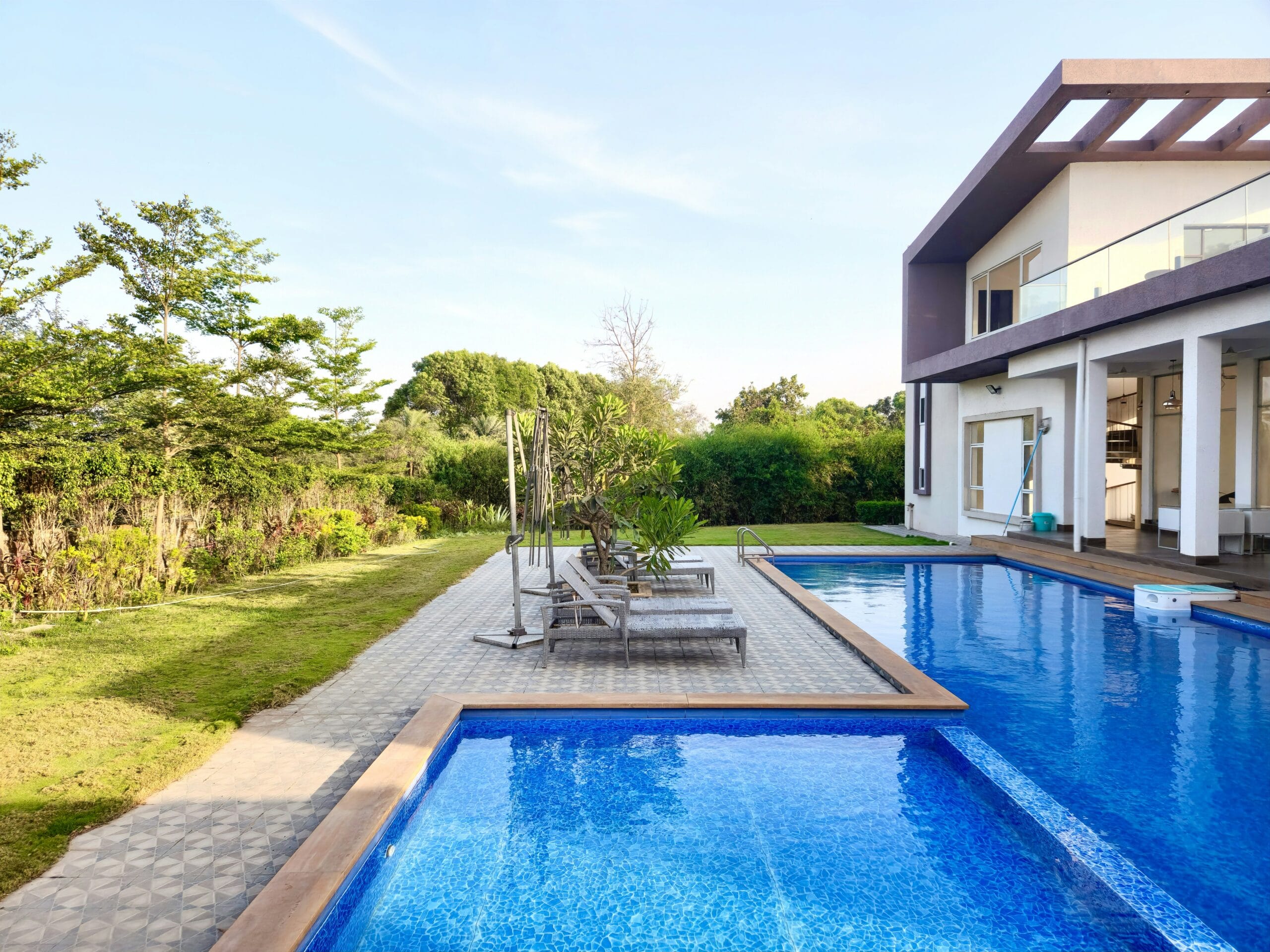As summer winds down, you may be dreaming of returning to that amazing spot at the lake or the beach, that you truly enjoyed this summer. If your budget allows, you may even consider investing in a second home, so that you can enjoy more time there with friends & family.
Is a vacation home a good investment? It really depends on many personal factors and the answer will be different for everyone and every location. Here are some thoughts to consider.

1. How long do you plan to own this home? If it’s only for a few years, you might take a loss if the market in that area declines. If it’s a long term or “forever” investment, most likely you will see considerable appreciation over time.
2. What kind of home makes sense? A cabin in the woods, a condo on the beach, a luxury home? Most of these answers will come from the limits of your budget, or the amount of maintenance that you do or do not want to be responsible for.
3. If you are buying in an area that you are not intimately familiar with, be sure to consult with a local, experienced Realtor®. Different regions have different things that you need to be familiar with. For example, locations on the water/coast often have extra governmental & environmental restrictions. Did you know that some communities are built on leased land, instead of fee-simple land?
4. Property taxes are not the same everywhere. Be sure to find out what the tax rate is and whether there are any additional assessments to be prepared for.
5. If you’re thinking of renting out your vacation home to other, short-term visitors, be sure to verify that the city, county and/or homeowner’s association allows short-term rentals. Many do not. If you do rent the home out, are you planning to manage the rental yourself, or hire a property manager?
6. Have you checked on the availability of homeowners insurance? Depending on the topography, local weather or proximity to wilderness areas, you may find that current insurance rates are a deal breaker.
7. If you are buying a home, condo or townhome with an HOA, be sure to find out if the rules allow you to enjoy the home the way that you want to. Be sure to review all HOA documents, to learn more about the community, rules and financial strength of the HOA. Some rules to look for might include parking, pets, the use of barbecue grills and of course, rental restrictions.
8. Be sure to find a home that fits your long-term plan. Are you considering making this your primary home when you retire? You may want to avoid stairs or other features that could be challenging in the future. If this home is in a different state, you may also want to compare differences in income taxes. It’s advisable to consult with your CPA, to find out what the tax ramifications may be, whether it be for income, or potential profit, when you eventually sell.
9. Unless you’re paying cash, be sure to consult with your lender first to find out about down payment requirements and interest rates. Programs for second homes are different than purchasing your primary home.
10. Give consideration to what features are important to your family and others. You may want to consult your local Realtor® to find out what features other visitors to the area value. Some things to consider are views and walkability as it relates to recreation, shopping and dining. If parking is a challenge in this location, make sure that you have enough. You might not be interested in a community pool for yourself, but if you’re renting the home out, that might be a must have.
Every home purchase is unique. Do you need to find an excellent Realtor® in a different area? I have an amazing network of Realtors® who I can refer you to. Please feel free to reach out to me at 925-964-5010 or via email at Lisa.Hopkins@Compass.com to discuss your options. It’s never too early to start planning for success.




